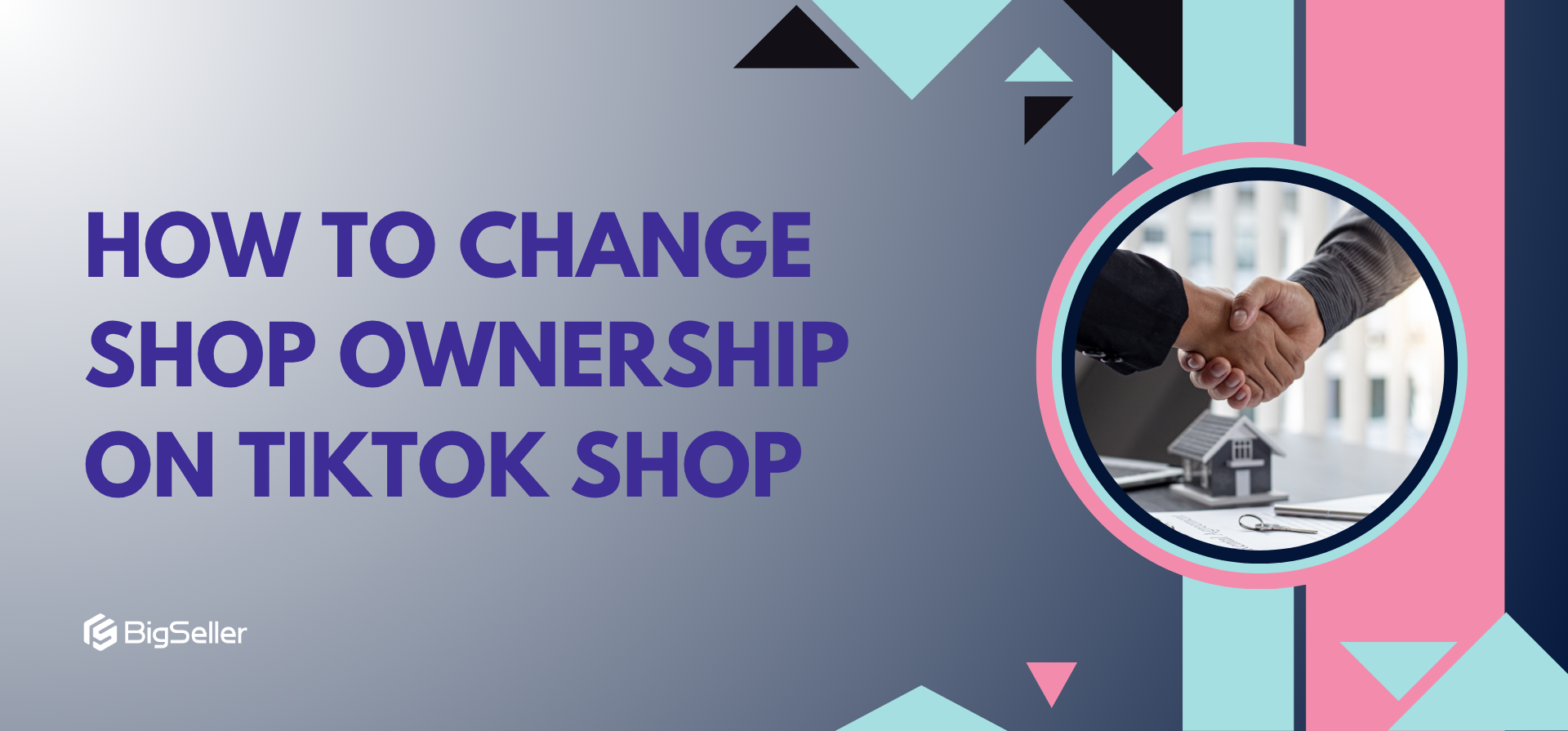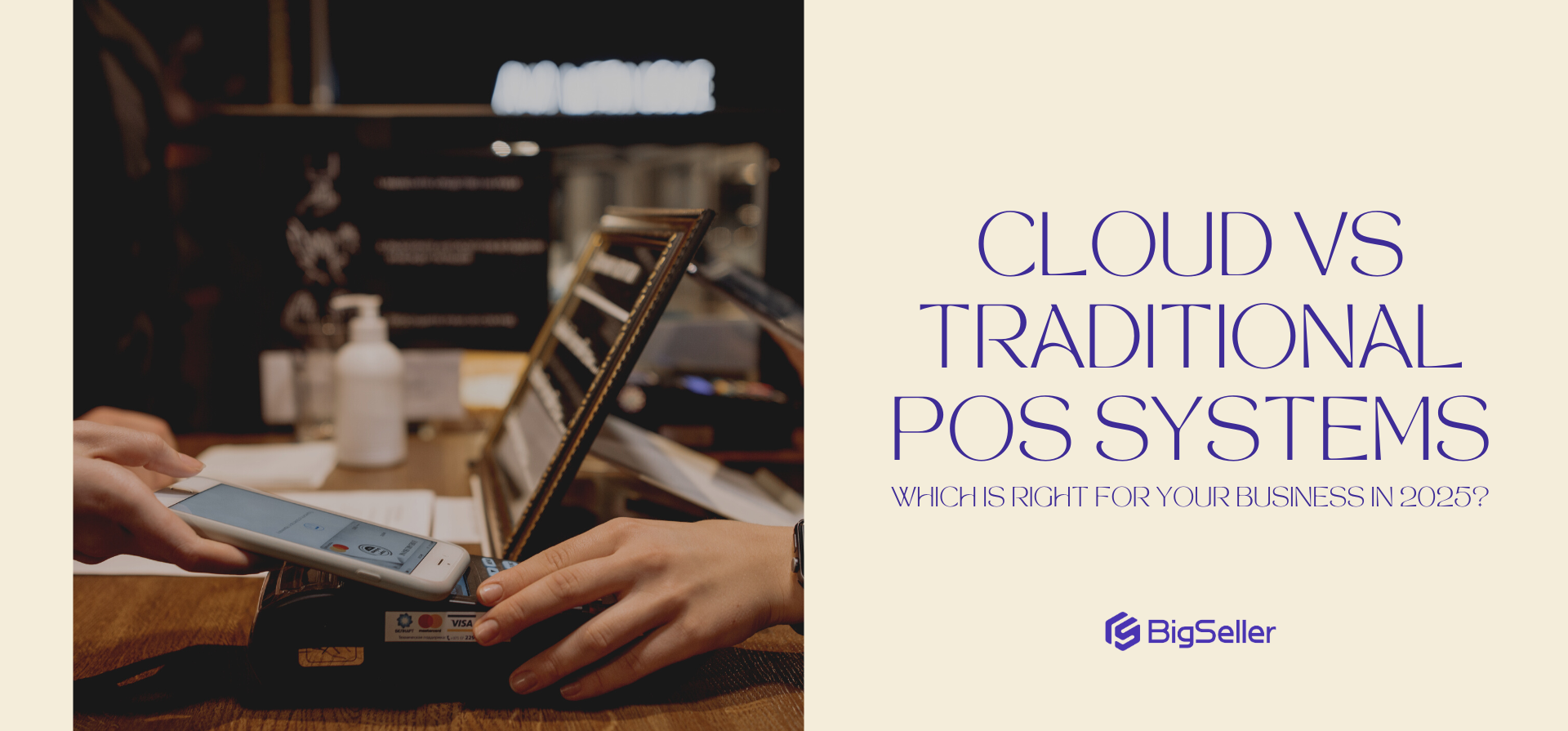3PL Logistics in the Philippines: Key to E‑Commerce Growth
Jayson 01 Jul 2025 09:30ENCopy link & title
Today's thriving Philippine e-commerce business relies heavily on efficient 3PL logistics. Online retailers may scale quickly, cut costs, and provide outstanding customer experiences by outsourcing warehousing, transportation, and fulfillment to specialist suppliers.
This tutorial introduces key Philippine 3PL providers, explains why merchants rely on third-party specialists, addresses archipelago-specific challenges, and demonstrates how BigSeller's ERP interacts easily with top 3PLs. 👉 Click Here to Register BigSeller For Free!👈
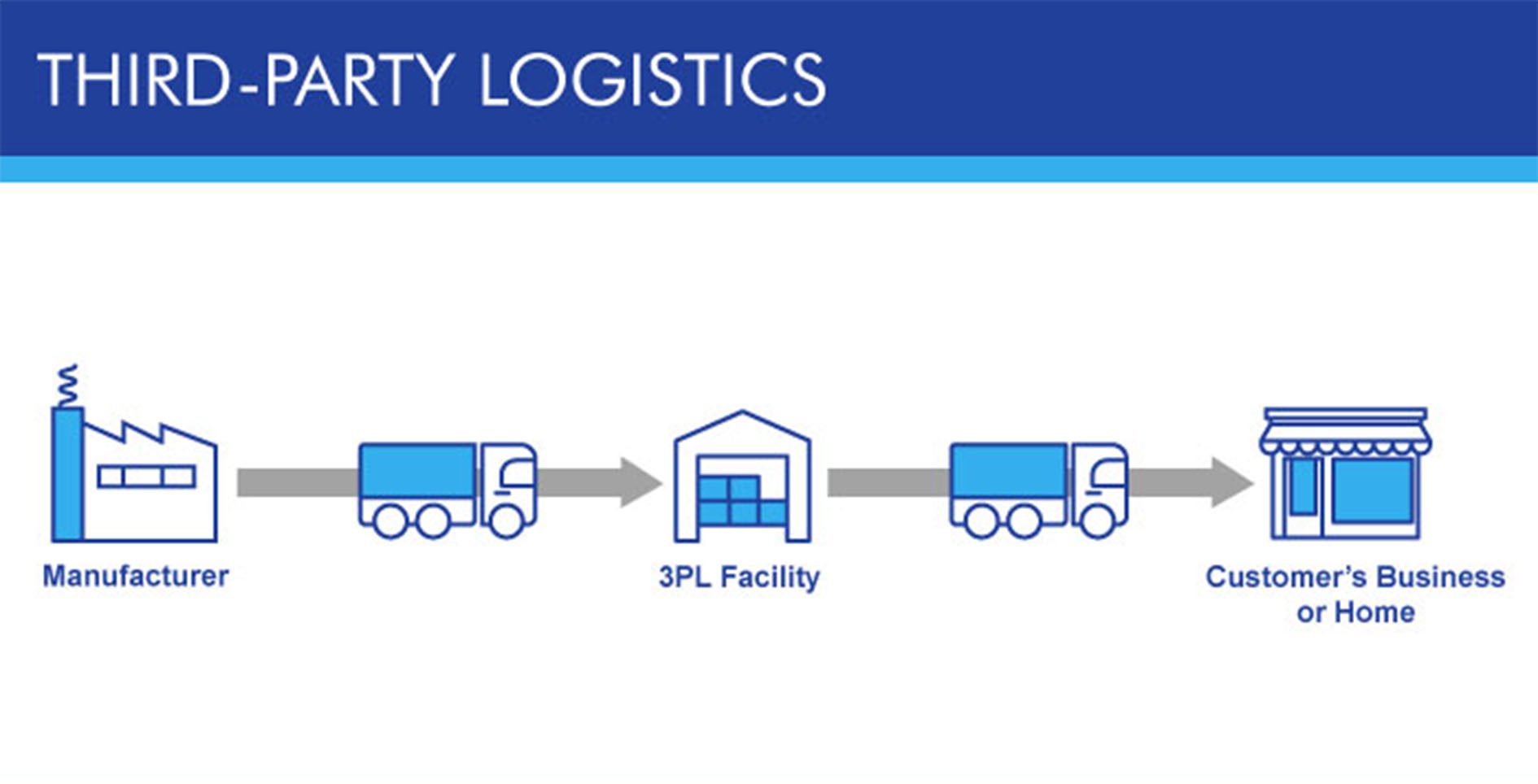
Third-party logistics (3PL) outsources supply chain functions such as warehousing, order fulfillment, freight forwarding, and value-added services to specialized partners. The Philippines' scattered geography of over 7,000 islands creates unique distribution issues. With e-commerce expected to reach US$12 billion by 2025, there is a larger need for efficient and technologically advanced logistics solutions.
Key market factors:
(1). Market size & growth: The Philippine 3PL market hit roughly US $4.1 billion in 2024 and is expected to grow at a CAGR of 2.3% through 2028.
(2). E‑commerce boom: Online retail sales jumped 25% in 2023, pushing merchants to optimize last‑mile and cross‑island deliveries.
(3). Regulatory environment: Streamlined customs procedures and investment in infrastructure are improving throughput at major ports (Manila, Cebu, Davao).
Choosing the right 3PL partner can make or break your fulfillment strategy. Here are five industry leaders, each excelling in distinct service areas:
1. Locad
Strengths: Integrated order‑management system (OMS) with real‑time stock updates, multichannel sync (Shopify, Lazada, Shopee).
Ideal for: SMBs seeking automated workflows and transparent analytics.

2. LBC Express
Strengths: Pan‑Philippine and international coverage, extensive warehousing, and reliable freight forwarding.
Ideal for: Retailers needing proven reach in urban and rural locales alike.
3. Ninja Van
Strengths: AI‑powered route optimization, last‑mile specialization, robust API for marketplace integration.
Ideal for: High‑volume sellers prioritizing fast, trackable deliveries.
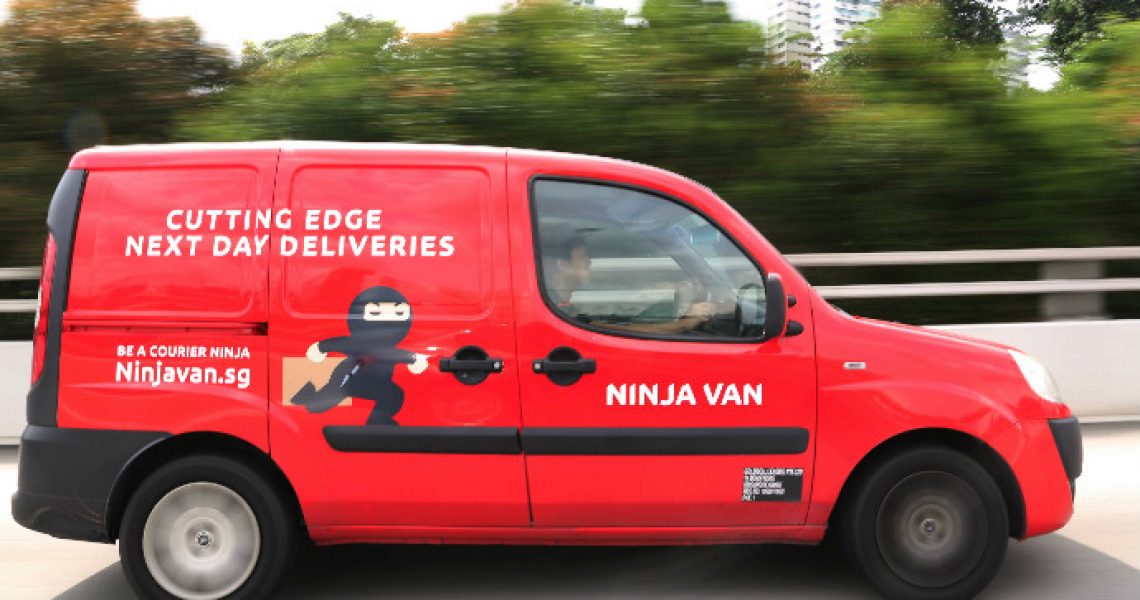
4. F2 Logistics
Strengths: End‑to‑end services (cold chain, customs brokerage, air & sea freight).
Ideal for: Brands handling perishable goods or complex import/export requirements.
5. Transportify
Strengths: Flexible same‑day and scheduled delivery via a user‑friendly mobile app.
Ideal for: Micro‑retailers and food‑delivery partners needing agile, on‑demand options.
Outsourcing logistics to established 3PLs provides three key benefits:
Cost-effective scalability
Avoid making significant capital investments in warehouses and fleets. 3PLs allow you to adjust capacity as needed, which is especially important during high seasons like Singles' Day or the Christmas rush.
Enhanced Transparency and Control
Modern 3PLs leverage real-time data from Warehouse Management Systems (WMS) and Transportation Management Systems (TMS) to provide order status, stock levels, and delivery ETAs on your dashboard.
Risk Mitigation and Compliance
Specialized partners handle customs laws, tariffs, VAT, and import/export documentation. Distributed warehouse networks lessen the risk of region-specific disruptions, such as typhoons in Luzon.
Collectively, these benefits allow you to concentrate on marketing, product development, and customer support while your 3PL partner does the heavy lifting.

(1). Archipelagic Geography
Challenge: Multiple island hops increase transit time and cost.
Solution: Multi‑hub networks in Manila, Cebu, Clark, and Davao let 3PLs pre‑stage goods closer to end customers—cutting delivery windows by up to 40%.
(2). Digital Integration Gaps
Challenge: Legacy systems and manual processes lead to inventory discrepancies and poor visibility.
Solution: Tech‑savvy 3PLs offer open APIs and built‑in integrations, allowing merchants to sync orders, stock alerts, and tracking updates directly within their ERP.
(3). Hidden Fees & Service Ambiguity
Challenge: Unexpected charges for handling, remote‑area surcharges, or returns can erode margins.
Solution: Top providers publish clear SLAs, offer bundled‑rate options, and deliver proactive notifications if service exceptions occur.
By understanding these pain points—and choosing providers that tackle them head‑on—Philippine merchants can build resilient supply chains tailored to local realities.
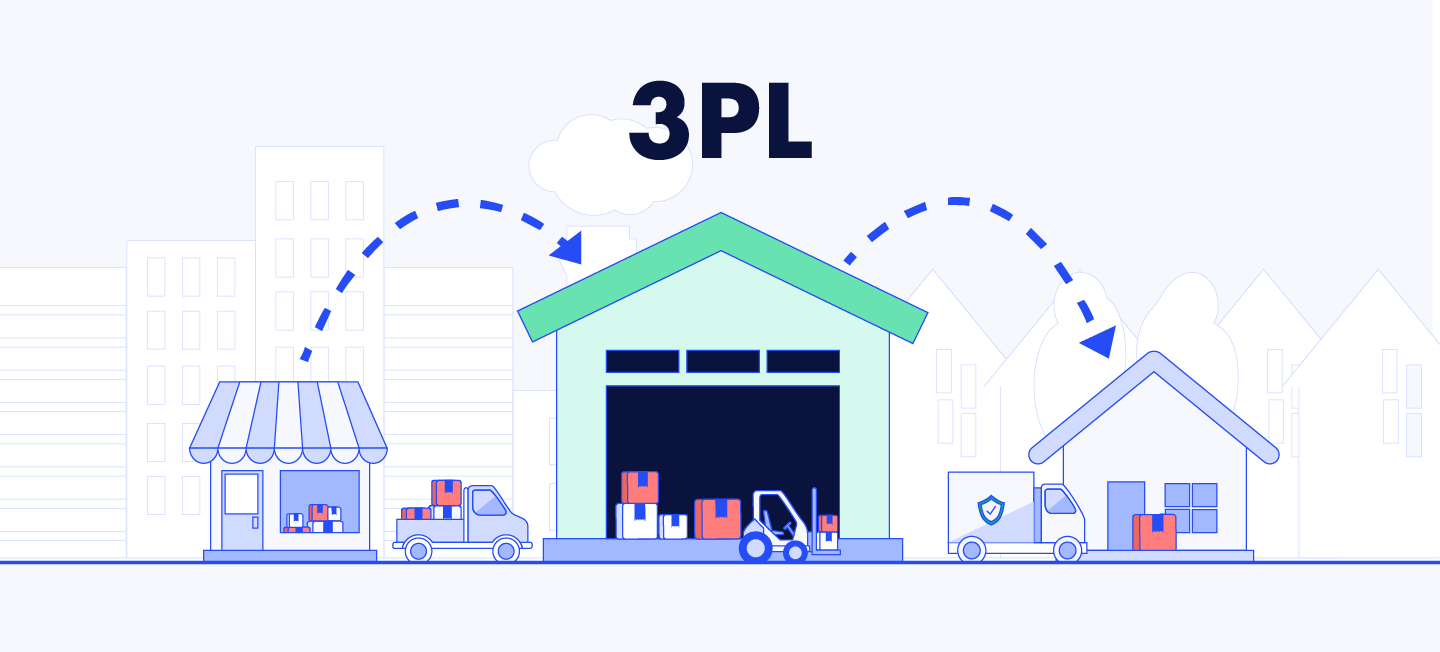
At BigSeller, we empower e‑commerce sellers with end‑to‑end ERP tools that plug directly into leading 3PLs such as: Integrations with J&T Express PH, SPX Express, and more mean one‑click onboarding. No custom coding or middleware required.
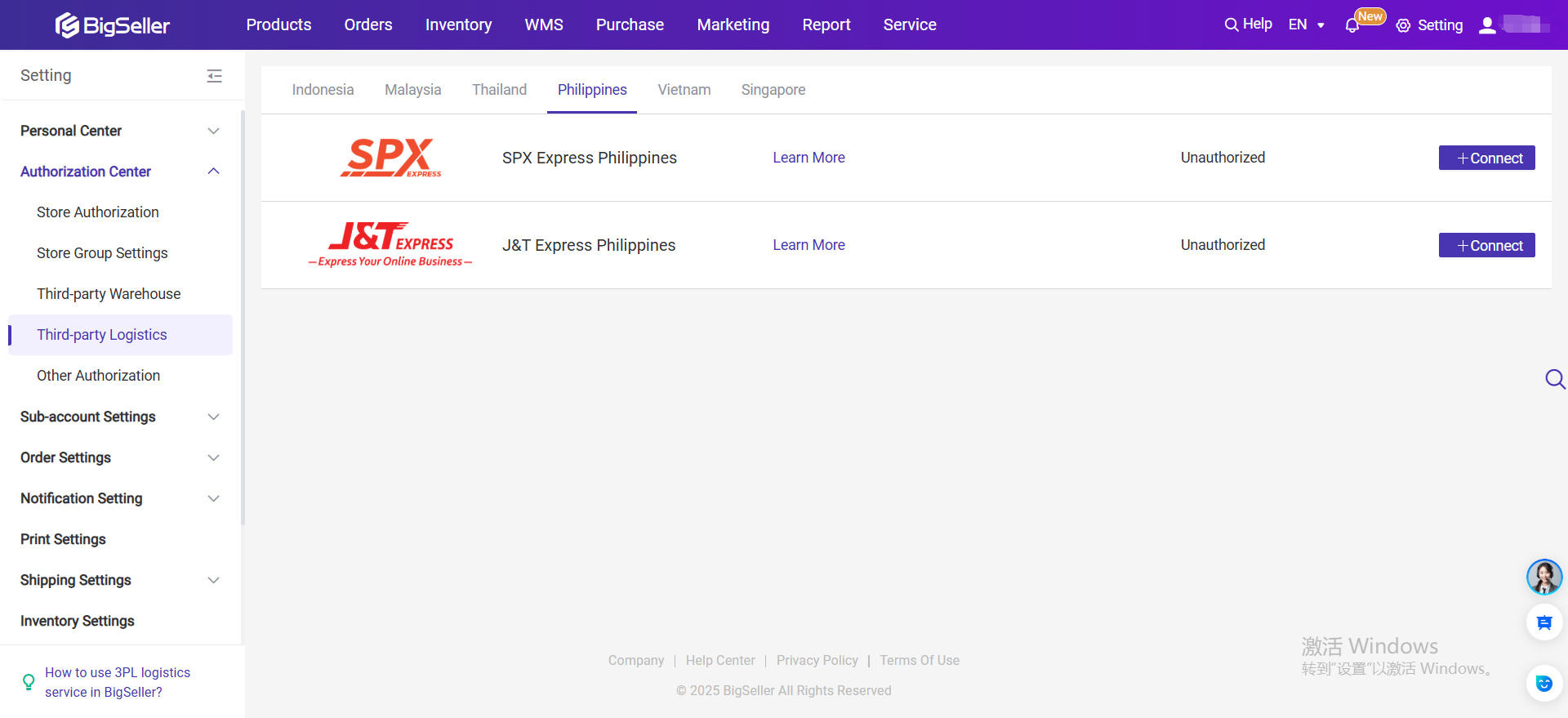
BigSeller supports authorization of multiple platforms and multiple stores, all of which are centrally managed together—from product listings and order processing to inventory management, financial tracking, and automated operations. 👉 Click Here to Register BigSeller For Free!👈
This tutorial introduces key Philippine 3PL providers, explains why merchants rely on third-party specialists, addresses archipelago-specific challenges, and demonstrates how BigSeller's ERP interacts easily with top 3PLs. 👉 Click Here to Register BigSeller For Free!👈

1. Introduction to 3PL Logistics in the Philippines
Third-party logistics (3PL) outsources supply chain functions such as warehousing, order fulfillment, freight forwarding, and value-added services to specialized partners. The Philippines' scattered geography of over 7,000 islands creates unique distribution issues. With e-commerce expected to reach US$12 billion by 2025, there is a larger need for efficient and technologically advanced logistics solutions.
Key market factors:
(1). Market size & growth: The Philippine 3PL market hit roughly US $4.1 billion in 2024 and is expected to grow at a CAGR of 2.3% through 2028.
(2). E‑commerce boom: Online retail sales jumped 25% in 2023, pushing merchants to optimize last‑mile and cross‑island deliveries.
(3). Regulatory environment: Streamlined customs procedures and investment in infrastructure are improving throughput at major ports (Manila, Cebu, Davao).
2. Recommended Philippine 3PL Providers
Choosing the right 3PL partner can make or break your fulfillment strategy. Here are five industry leaders, each excelling in distinct service areas:
1. Locad
Strengths: Integrated order‑management system (OMS) with real‑time stock updates, multichannel sync (Shopify, Lazada, Shopee).
Ideal for: SMBs seeking automated workflows and transparent analytics.

2. LBC Express
Strengths: Pan‑Philippine and international coverage, extensive warehousing, and reliable freight forwarding.
Ideal for: Retailers needing proven reach in urban and rural locales alike.
3. Ninja Van
Strengths: AI‑powered route optimization, last‑mile specialization, robust API for marketplace integration.
Ideal for: High‑volume sellers prioritizing fast, trackable deliveries.

4. F2 Logistics
Strengths: End‑to‑end services (cold chain, customs brokerage, air & sea freight).
Ideal for: Brands handling perishable goods or complex import/export requirements.
5. Transportify
Strengths: Flexible same‑day and scheduled delivery via a user‑friendly mobile app.
Ideal for: Micro‑retailers and food‑delivery partners needing agile, on‑demand options.
3. Why Businesses Choose 3PL Logistics
Outsourcing logistics to established 3PLs provides three key benefits:
Cost-effective scalability
Avoid making significant capital investments in warehouses and fleets. 3PLs allow you to adjust capacity as needed, which is especially important during high seasons like Singles' Day or the Christmas rush.
Enhanced Transparency and Control
Modern 3PLs leverage real-time data from Warehouse Management Systems (WMS) and Transportation Management Systems (TMS) to provide order status, stock levels, and delivery ETAs on your dashboard.
Risk Mitigation and Compliance
Specialized partners handle customs laws, tariffs, VAT, and import/export documentation. Distributed warehouse networks lessen the risk of region-specific disruptions, such as typhoons in Luzon.
Collectively, these benefits allow you to concentrate on marketing, product development, and customer support while your 3PL partner does the heavy lifting.

4. Philippine‑Specific Challenges & 3PL Solutions
(1). Archipelagic Geography
Challenge: Multiple island hops increase transit time and cost.
Solution: Multi‑hub networks in Manila, Cebu, Clark, and Davao let 3PLs pre‑stage goods closer to end customers—cutting delivery windows by up to 40%.
(2). Digital Integration Gaps
Challenge: Legacy systems and manual processes lead to inventory discrepancies and poor visibility.
Solution: Tech‑savvy 3PLs offer open APIs and built‑in integrations, allowing merchants to sync orders, stock alerts, and tracking updates directly within their ERP.
(3). Hidden Fees & Service Ambiguity
Challenge: Unexpected charges for handling, remote‑area surcharges, or returns can erode margins.
Solution: Top providers publish clear SLAs, offer bundled‑rate options, and deliver proactive notifications if service exceptions occur.
By understanding these pain points—and choosing providers that tackle them head‑on—Philippine merchants can build resilient supply chains tailored to local realities.

5. BigSeller & 3PL: Seamless ERP–Logistics Integration
At BigSeller, we empower e‑commerce sellers with end‑to‑end ERP tools that plug directly into leading 3PLs such as: Integrations with J&T Express PH, SPX Express, and more mean one‑click onboarding. No custom coding or middleware required.

BigSeller supports authorization of multiple platforms and multiple stores, all of which are centrally managed together—from product listings and order processing to inventory management, financial tracking, and automated operations. 👉 Click Here to Register BigSeller For Free!👈
BigSeller-Blog Senior Writer: Jayson
Sir Jayson has worked in well-known e-commerce companies such as Shopee and TikTok Shop, helping hundreds of sellers to deepen their e-commerce industry, expand their business, and eventually become high-quality sellers.
